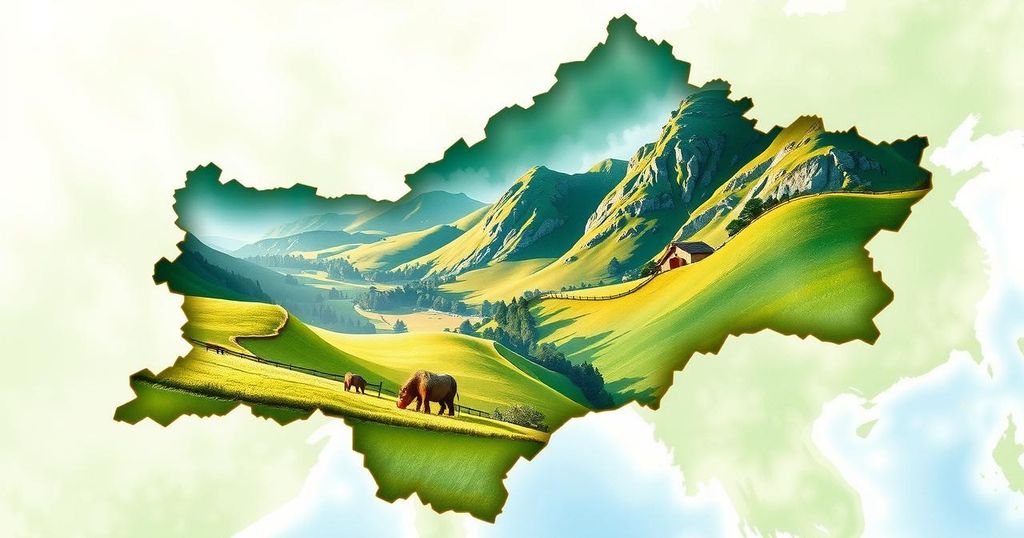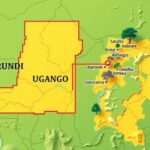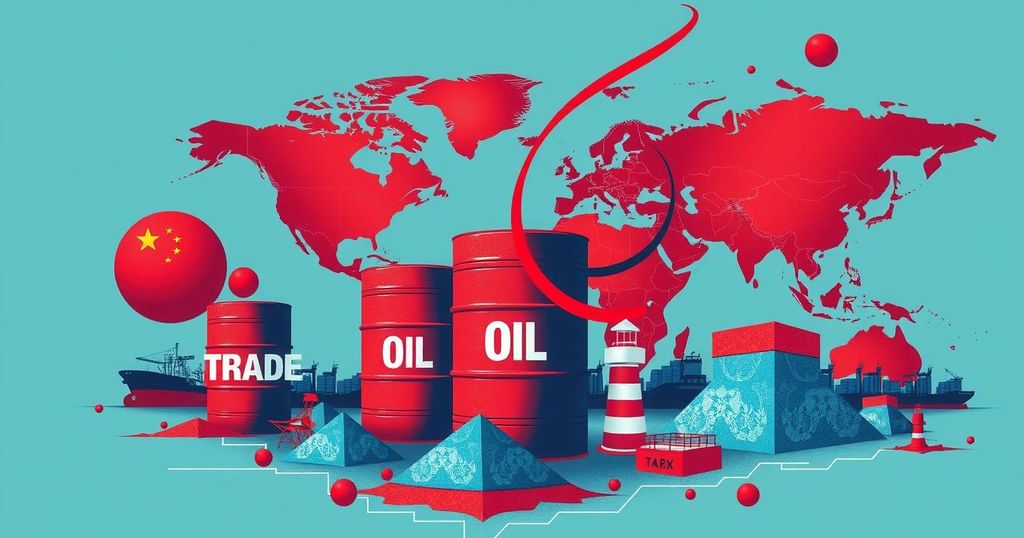Conflicts
AF, AFP, AFRICA, BRITAIN, BUKAVU, BURUNDI, CIVIL WAR, CONGO, CONGO (KINSHASA), DEMOCRATIC REPUBLIC OF CONGO, DISPLACEMENT, DR CONGO, DRC, EUROPE, GOMA, HUMANITARIAN, HUMANITARIAN CRISIS, KAMANYOLA, KENYA, LONDON, LUVUNGI, NAIROBI, RWANDA, SANGE, SEXUAL VIOLENCE, UGANDA, UN, UNITED KINGDOM, UNITED NATIONS
Clara Montgomery
Burundi and Uganda Strengthen Defenses Amid Escalating Violence in DRC
Countries bordering eastern DRC, particularly Burundi and Uganda, are responding to escalating violence from the M23 armed group. Burundi has withdrawn troops after clashes, while Uganda has deployed forces in Bunia to counter local militias. These developments raise concerns of regional destabilization that could evoke memories of the devastating Congo wars in the late 20th century.
Countries surrounding the eastern Democratic Republic of Congo (DRC) have intensified their defenses in response to escalating violence, particularly as Burundi has had to withdraw troops while Uganda has secured a critical city. There are growing concerns that the ongoing clashes between troops and militias could evoke a repeat of the catastrophic Congo wars of the late 20th century that resulted in millions of fatalities.
The resurgence of the Rwanda-backed M23 armed group has caused significant territorial gains in the eastern DRC, capturing vital cities including Goma and Bukavu. This aggressive advance has substantially jeopardized Burundi, prompting government officials to report deadly skirmishes leading to a strategic withdrawal of troops back into Burundi. Previously, Burundi had deployed over 10,000 soldiers to support the Congolese army against the M23 while also combating local rebel factions.
A senior officer disclosed, “We had erected a defensive line in Kamanyola to try to stop the advance of the M23 and Rwandan soldiers, but we had to make a tactical withdrawal under enemy attack yesterday (Tuesday).” Although the Burundian army spokesperson refuted claims of retreat, it has been reported that their soldiers no longer hold customary positions along the border, suffering from a lack of supplies and resources amidst the confrontation.
The advancing M23 has intensified violence, resulting in numerous casualties and displacing hundreds of thousands. The United Nations reported instances of severe human rights violations, including the execution of children following the M23’s capture of Bukavu. This has drawn international criticism, including from the United Kingdom, which summoned Rwanda’s envoy to address the situation. Despite Rwanda’s denials, UN experts indicated that they were likely supporting the M23 with troops.
As the M23 governs Goma and Bukavu, they have established control over the strategic Lake Kivu, leading to a temporary reprieve in some local activities, such as resuming boat services across the lake. Local commerce workers expressed relief at the return of services as it signifies some stability in their daily operations.
In the north, Uganda has deployed troops in Bunia, responding to violence perpetrated by local militias amid existing agreements with the DRC government. While this situation is not directly linked to the M23’s activities, experts indicate Uganda’s concern about regional stability and potential spillover effects. The movements reflect a localized response to the broader regional instability, reminiscent of past conflicts involving multiple African nations in the DRC.
Analysts, such as Daniel van Dalen of Signal Risk, caution that the diverse unrest could mirror the previous conflicts that led to the Second Congo War, emphasizing Uganda’s proactive approach to prevent further deterioration of order.
The ongoing violence in the DRC, spurred by the M23’s rapid territorial gains, poses significant threats to regional stability, particularly affecting neighboring countries like Burundi and Uganda. As humanitarian crises and human rights abuses unfold, international responses are becoming increasingly critical. The fear of conflict escalation reflects historical precedents that could see multiple nations drawn into renewed hostilities in the region.
Original Source: www.rfi.fr








Post Comment